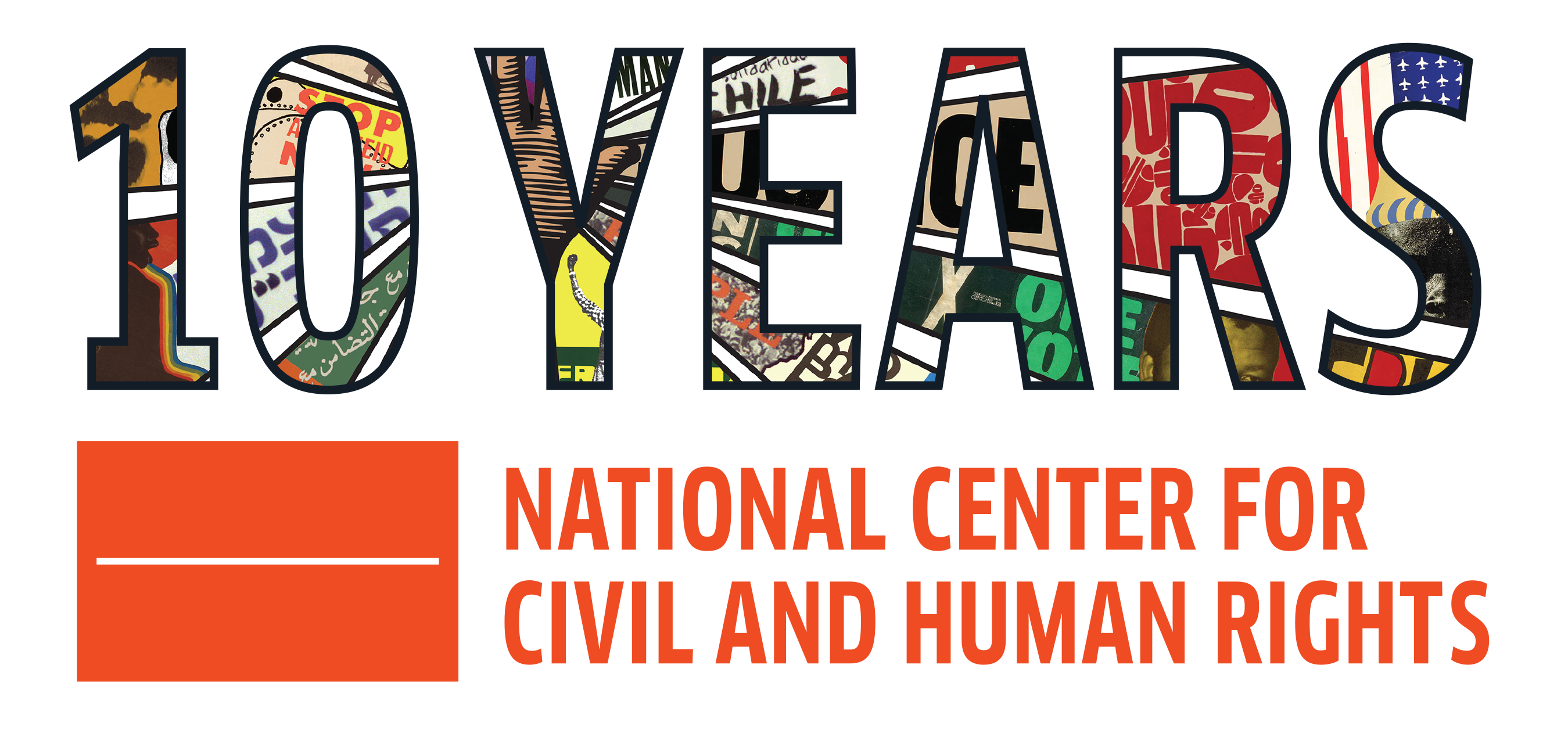National Center for Civil and Human Rights Debuts Rosenwald Schools Exhibition
Andrew Feiler’s nationally touring photography explores the expansion of public education for Black children during segregation
ATLANTA, GA (May 10, 2021) The National Center for Civil and Human Rights (The Center) launches A Better Life for Their Children on May 22, 2021. The exhibition is based on Andrew Feiler’s book of photography.
“A Better Life…” highlights the collaboration between businessman Julius Rosenwald, former president, Sears, Roebuck and Company, and Booker T. Washington, the prominent African–American leader of the late 19th and early 20th centuries. Together they created schools across the country for Black children who had no access to publicly-funded education. The Center launches the national tour of this exhibition.
The Center will host “A Better Life…” in its mezzanine. Visitors will access information about the images via QR code to comply with social distancing guidelines. Updated Center safety protocols can be found at this link.
Feiler’s project is the first comprehensive photographic account of the Rosenwald Schools program. From 1912 to 1932, the Rosenwald Schools program built 4,977 schools for African–American children in 15 southern and border states. A final school was added in 1937. Hundreds of thousands of students received an education because of Rosenwald Schools, which played a critical role in the US civil rights movement.
Sample images and more information can be found here.
Many civil rights icons and foot soldiers of the movement were educated in these schools. Medgar Evers, Mississippi field secretary for the NAACP attended. Poet and writer Maya Angelou became the northern coordinator for the Southern Christian Leadership Conference. She later wrote about her days in an Arkansas Rosenwald School in her memoir, I Know Why the Caged Bird Sings. The late Congressman John Lewis wrote of his first day at an Alabama Rosenwald School, and more broadly of his belief in the power of education, in his introduction to Feiler’s book.
Feiler, a celebrated photographer, and fifth-generation Georgian drove more than 25,000 miles to photograph 105 schools in 15 states. The work includes interiors and exteriors, schools restored and yet-to-be restored, and portraits of people with compelling connections to the schools. Feiler powerfully conveys the pride, dreams, and commitment of an entire community, old and young to create a lasting educational legacy.
“Education is the backbone of the American Dream and the essential onramp to the American middle class,” said Feiler. “Rosenwald schools brought educational opportunity to African Americans across the segregated South and in the process transformed this country.”
The exhibition will travel nationally, including to the National Civil Rights Museum, Tennessee State Museum, Charlotte Museum of History, Virginia Museum of History and Culture, and the Museum of the Southern Jewish Experience.
“We are honored to launch this exhibition. It tells a powerful story of how segregation deprived America of Black talent and how Rosenwald and Washington combined forces to address that injustice,” said Jill Savitt, CEO & President of The Center.
The Center will host a media preview of the collection on Thursday, May 20 at 10 a.m., with a curatorial tour provided by Andrew Feiler and Dr. Calinda Lee, The Center’s Head of Programs & Exhibitions.
The Center will launch the exhibition with a virtual program on Friday, May 21. The program will focus on historic and current educational equity issues. To register for this program, click here or email James Richards at [email protected].
###
About Andrew Feiler
Andrew Feiler is a fifth-generation Georgian. Having grown up Jewish in Savannah, he has been shaped by the rich complexities of the American South. Andrew has long been active in civic life. He has helped create over a dozen community initiatives, serves on multiple not-for-profit boards, and is an active advisor to numerous elected officials and political candidates. His art is an extension of his civic values.
Andrew’s photographs have been featured in such publications as Smithsonian, Wall Street Journal, Architect, Preservation, Slate, Lenscratch, Oxford American, and The Bitter Southerner. His work has been displayed in galleries and museums including solo exhibitions at such venues as the National Civil Rights Museum at the Lorraine Motel in Memphis, Octagon Museum in Washington, D.C., International Civil Rights Center & Museum in Greensboro, NC, and Burrison Gallery of the University of Pennsylvania in Philadelphia. His work is in a number of public and private collections including that of Atlanta University Center and Emory University. More of his work can be seen at andrewfeiler.com.
About the National Center for Civil and Human Rights
The National Center for Civil and Human Rights in downtown Atlanta is a cultural institution that connects the American Civil Rights Movement to the struggle for human rights around the world today. The Center features a continuously rotating exhibit from The Morehouse College Martin Luther King, Jr. Collection, which includes many of Dr. King’s documents and personal items. Visitors are immersed in experiential exhibits through powerful and authentic stories, historic documents, compelling artifacts, and interactive activities. The Center is a source for ongoing dialogue — hosting educational forums and attracting world-renowned speakers and artists who work on a variety of human rights topics. For more information, visit www.civilandhumanrights.org. Join the conversation on civil and human rights: facebook.com/ctr4chr/ | instagram.com/ctr4chr/ | twitter.com/Ctr4CHR
Contact:
Shani Drake, Director of Marketing and Public Engagement
Keyaira McCauley, Digital Media and Public Relations Manager
James Richards, Media Consultant

